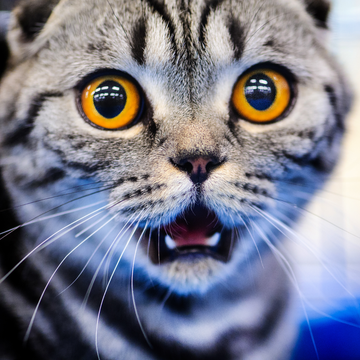Walk into any bedding store in Malaysia today and you’ll be bombarded with words like “Bamboo”, “Tencel”, and “Eco-Friendly”.
Sounds sustainable. Sounds premium. But is it actually worth your money — or is it just another case of greenwashing?
Here’s the uncomfortable truth: when it comes to real comfort, breathability, and durability, bamboo and Tencel sheets often fall short compared to true Egyptian cotton — especially the kind used in Katin Life’s premium bedding.
The “Eco” Story They Don’t Tell You
Yes, bamboo grows quickly and Tencel is produced from wood pulp. On paper, they sound like dream fabrics. But here’s the problem:
-
Most bamboo sheets sold in Malaysia are actually bamboo rayon — meaning they’ve been processed with heavy chemicals that strip away most of the natural benefits.
-
Tencel sheets? Many are blended with polyester to cut costs, making them hotter to sleep on and less breathable.
-
Those “eco certifications” you see? Often vague, sometimes missing entirely.
The result? Bedding that’s marketed as green but doesn’t deliver the same luxury sleep experience you get with certified Egyptian cotton.
Comfort: Where Egyptian Cotton Leaves Them Behind
When you slide into 900-thread-count Egyptian cotton sheets from Katin Life, you’ll notice the difference immediately:
-
Cooler nights thanks to natural breathability in Malaysia’s humid weather
-
Softer touch that gets even smoother after each wash
-
Long-lasting luxury that doesn’t pill, fade, or thin out after a year
Bamboo and Tencel might start soft, but in our climate, they often lose their “wow” factor quickly — leaving you with limp, scratchy fabric far sooner than you’d expect.
Skin Health: The Quiet Dealbreaker
If you have sensitive skin, eczema, or are prone to breakouts, the wrong bedding can make things worse.
Bamboo/Tencel blends with synthetics can trap heat and moisture, creating the perfect breeding ground for bacteria.
That’s why every Oeko-Tex certified Egyptian cotton sheet from Katin Life is free from harmful chemicals, hypoallergenic, and designed to let your skin breathe.
It’s not just a luxury choice — it’s a skin-care decision.
The Long Game: Cost Per Use
Let’s be honest — if you’re replacing your sheets every 12–18 months, are you really saving money?
With high-quality Egyptian cotton:
-
You buy once, enjoy for years
-
The fabric gets better over time, not worse
-
You avoid the hidden costs of constant replacements
It’s not just about feeling good tonight — it’s about sleeping better for the next 5–7 years.
The Verdict 🏆
Bamboo and Tencel aren’t automatically bad. But in Malaysia’s bedding market, most of them are overhyped, underperforming, and overpriced.
If you want genuine eco-conscious luxury that actually feels incredible night after night, skip the buzzwords and invest in certified Egyptian cotton. Your skin, your sleep, and your wallet will thank you.






